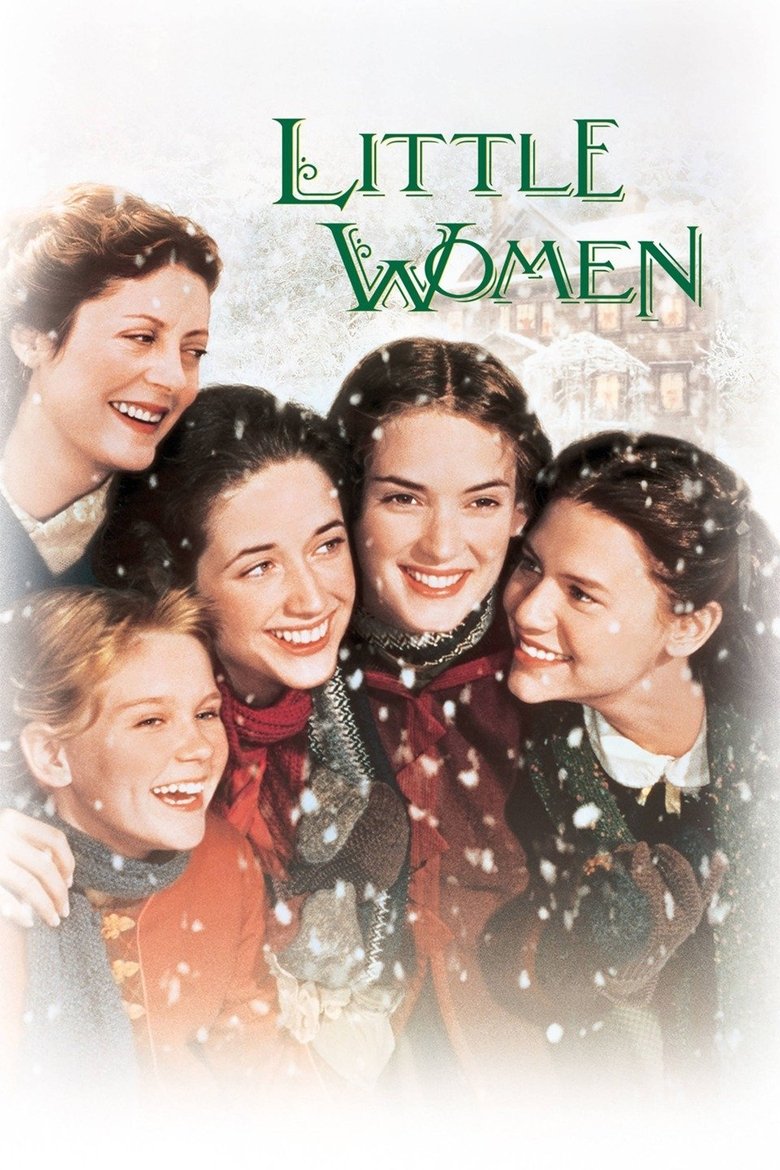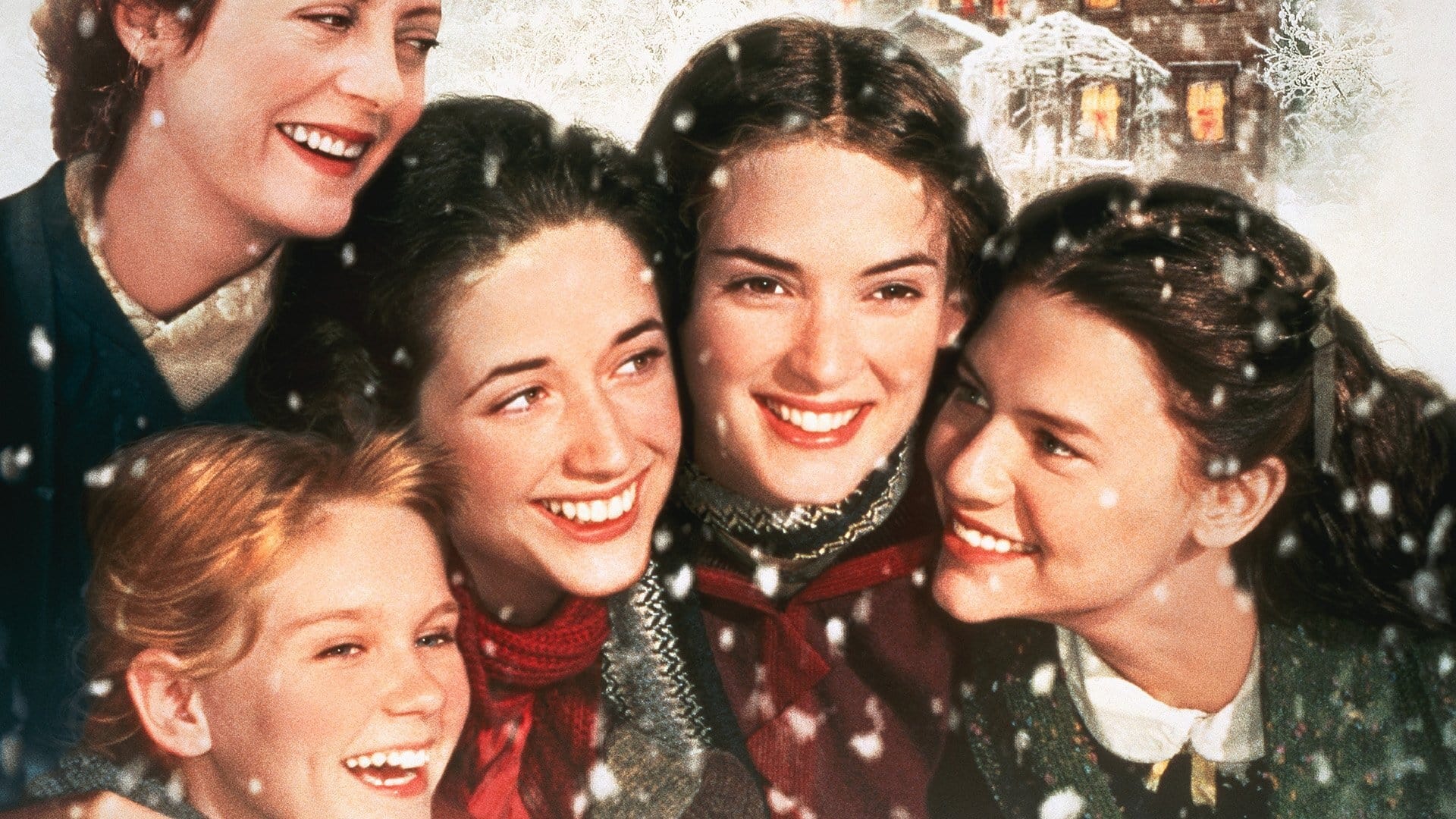**A tired and uninspired adaptation of a super famous novel.**
This film is yet another film adaptation of the famous novel of the same name by Louisa May Alcott, one of those classic books that is constantly being adapted and reread almost permanently. Therefore, I believe that even those who have never read the original book – like me, I admit – know the story at a minimum, which focuses on the difficulties and domestic troubles of a middle-class family in the North of the USA during the traumatic years of the US Civil War. With the family patriarch absent on the battlefield, it is up to his wife to be the support of the house, where she lives with four very different daughters.
The script really doesn't need any major introductions. Having not read the original book, I do not, however, feel like the best person to comment on the quality of the adaptation of this material, and I will limit myself to talking exclusively about what I saw in the film. And what I saw is moderately good. It's not an incredible film, it's not the best adaptation I've ever seen, it's not a flawless period film, but it's a good piece of entertainment that's perfectly suited to watching with the whole family on a weekend evening. And although the film is a few years old – it was released in 1994 – it hasn't aged a single day and remains as fresh and enjoyable today as it was thirty years ago.
The cast is undoubtedly one of the film's strongest points. Susan Sarandon is a safe and solid bet to bring Mrs. March to life. She is unlikely to be the favorite actress of a legion of fans and is reasonably discreet, but she has talent, ability and knows very well how to embody these strong, dignified and mature characters. Winona Ryder, who at this time was experiencing the height of her artistic career, is also excellent in the role of Jo. Claire Danes and Samantha Mathis were quite young, but they showed enormous willpower and talent in this work. Trini Alvarado is the most discreet of the quartet of sisters, but she does what is necessary to extricate herself from the task at hand. Kirsten Dunst played a minor but relevant role, and it would be unfair not to mention the solid and positive contributions of Gabriel Byrne and Christian Bale in the main male roles.
However, this film has a huge problem: it is absurdly lukewarm and soapy. It's not a film that stays in our mind for hours and hours after we've finished watching it, it's a film that we watch, we moderately like, and, a few hours later, it's already forgotten. The cinematography, editing and soundtrack are completely standard, with no surprises or clear investment on the part of the production. The recreation of the historical period is inaccurate to say the least, being full of factual errors, incorrect props, anachronistic costumes and hairstyles. The production simply didn't bother hiring some kind of serious historical consultant and was satisfied with a theatrical look at what the Civil War period could be like. Also, the dialogue and attitudes of the cast do not correspond to what would be expected from people of that time. Another serious problem with the film is Gillian Armstrong, a completely uninspired director who gives us a tired and slightly sad vision of Alcott's novel. It is therefore understandable that almost no one remembers this film nowadays. It's not really worth it... only for fans of the actresses or actors in the cast, and even they all had better works, before or after.




